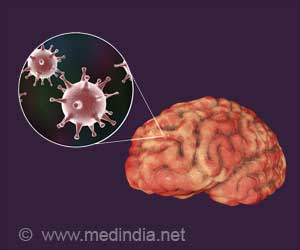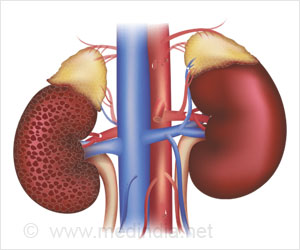A largest study on how alcohol affects the brain in elderly people was carried out by researchers in the USA. Nearly two thousand senior citizens
A largest study on how alcohol affects the brain in elderly people was carried out by researchers in the USA. Nearly two thousand senior citizens were investigated to discover the link between drinking and the health of their brains. The results show that alcohol is really a double-edged sword.
It has been found that any level of drinking caused brain shrinkage, which ultimately has a negative impact on brain function. But light-to-moderate drinkers had fewer 'silent' strokes and white matter lesions than either abstainers or heavier drinkers. A silent stroke also affects brain function, but often goes unnoticed at the time when it actually occurs.White matter lesions are areas of scarring or injury that might affect your voluntary and involuntary actions of the body such as ability to button a shirt or put a key in a lock. It is thought that alcohol exerts benefits through thinning the blood vessels and by increasing levels of high density lipoprotein (LDL, or 'good' cholesterol) in the blood. This study suggests that the usual recommendations on alcohol intake - two or three drinks a day as the upper limit - are probably the correct measure as far as the brain is concerned.











